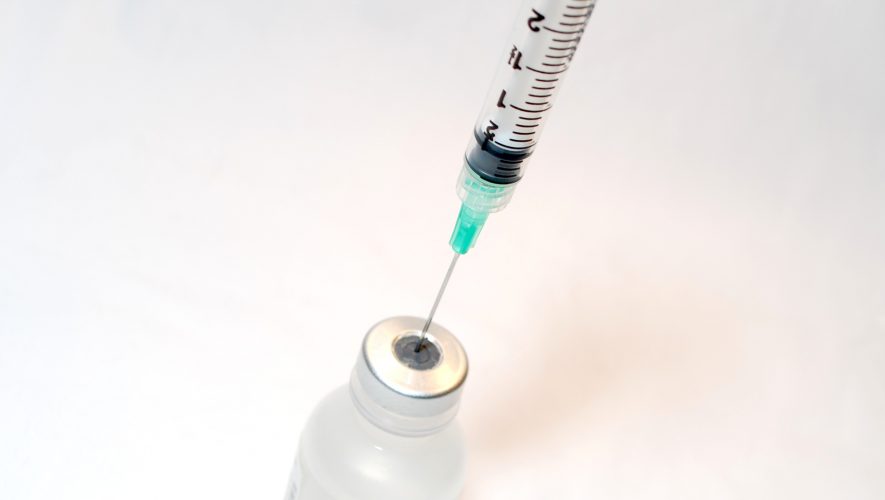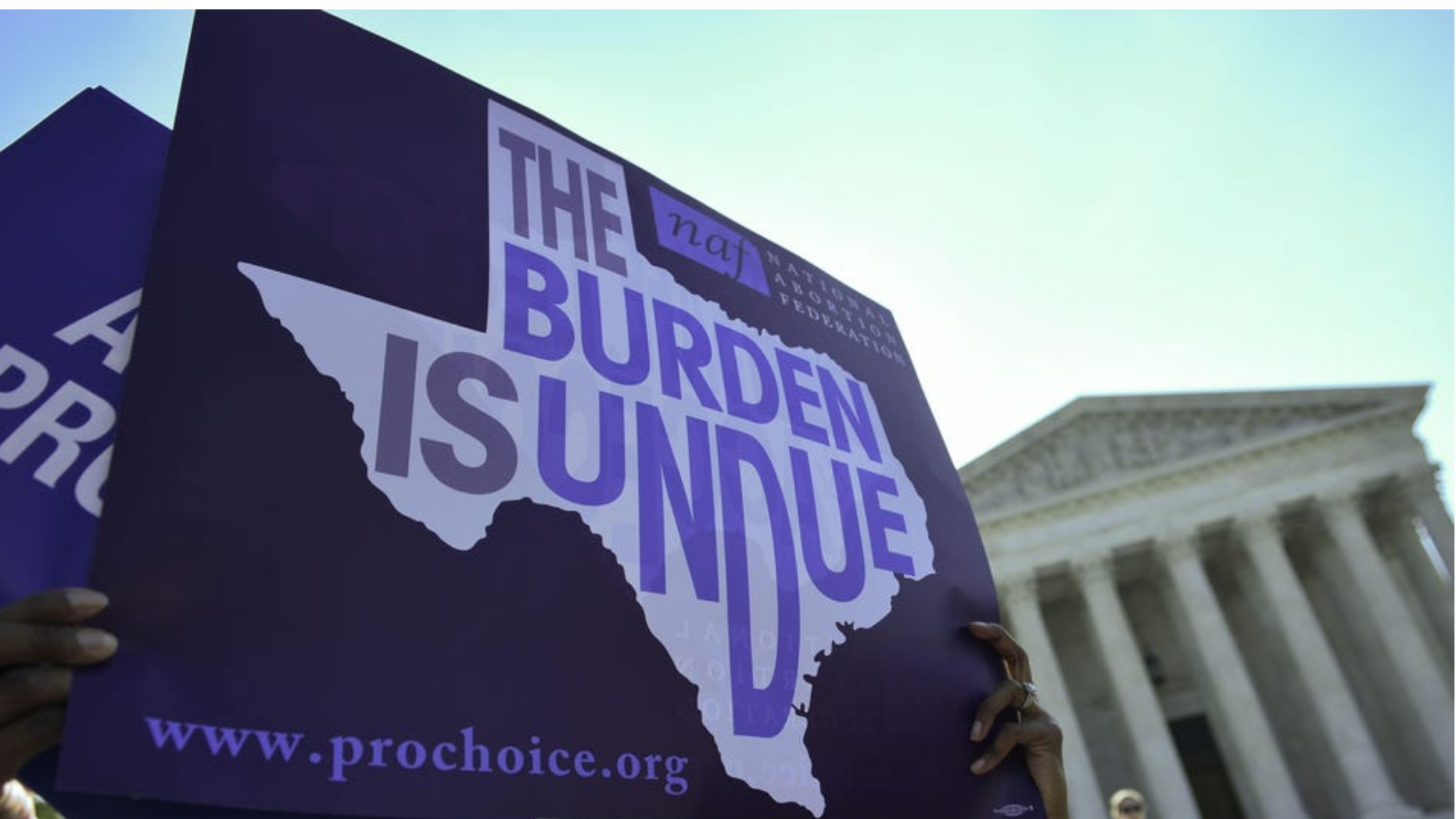A pandemic-free world is a pipe dream unless every person is vaccinated. And that can only be reached if every single person has access to the vaccine.
Each day, hundreds of thousands of Americans receive the vaccine for the novel coronavirus. Yet, as millions of people have their fear of the virus erased, millions more are facing new ones.
For the almost eleven million undocumented immigrants living in the United States, national vaccine rollout has raised more questions than answers. The fear that their personal information could be used against them or their loved ones traps undocumented people between a rock and a hard place; either get vaccinated and risk deportation or continue to raw-dog the pandemic.
President Joe Biden’s National Strategy for the COVID-19 Response and Pandemic Preparedness states that “the federal government is committed to supporting populations that are most vulnerable to COVID-19 [including those] serving as essential workers.”
Documented and undocumented immigrants account for a disproportionately large number of these essential workers, making up a sizable portion of the sanitation and foodservice industries. Moreover, jobs in sanitation and food services often don’t meet the CDC’s guidelines for preventing the spread of the virus, only increasing the urgency for vaccination.
Racial minorities have been hit hardest by COVID-19, and many immigrants in essential roles are Latinx. Hispanic and Latinx people in America are three times more likely to be hospitalized due to COVID-19 and are 2.3 times more likely to die from it than White Americans. The nation’s vaccination efforts have overlooked the Latinx community, specifically those that are undocumented essential workers.
Inaccessible and Exclusive
Immigration status should not inhibit vaccine access. Some experts estimate that up to 90 percent of the population must receive the shot to achieve herd immunity. What experts don’t know is how health officials will ensure everyone has access to the vaccine.
Undocumented immigrants do not have the vaccine readily available to them. Many do not have regular access to healthcare or insurance. Others avoid doctors entirely, fearful that their citizenship or that of their families may be questioned.
These fears are legitimate and, thankfully, some states are considering them. Politicians in states like New York and North Carolina have declared that citizenship is neither a requirement nor a consideration for vaccination. New Jersey has stated its clear intent to vaccinate over 4.7 million people, regardless of citizenship, between January and July 2021.
While some states have recognized the importance of vaccinating everyone, others cannot see past their own bigotry. Nebraskan Governor Pete Ricketts does not “expect that illegal immigrants will be part of the vaccine” rollout, even though many comprise the state’s meat-packing industry. South Carolina Representative Jeff Duncan mirrored this rhetoric, saying “no vaccines for illegal immigrants jumping to the head of the line.”
Ricketts and Duncan have placed xenophobia above basic public health—threatening the entire country’s well-being.
Washington, DC, has been more subtle with its exclusionary practices, requiring people to register on the Department of Health website for the vaccines. Residents need internet access to schedule an appointment, something many undocumented people do not have.
New Jersey—which so ardently promised undocumented immigrants access to the vaccine—requires prospective patients to use an email or phone to schedule appointments. While most people can easily satisfy this requirement, many undocumented immigrants cannot.
Other states require proof of employment when getting the vaccine, establishing yet another barrier. To be hired, a person has to provide their social security number, leaving undocumented immigrants with two options. First, they can apply for formal employment by presenting a fake number, a previously valid one, or one that belongs to someone else. Otherwise, they have to find an employer willing to hire them under the table. If they choose the latter, they will likely be paid in cash, meaning there are no pay stubs to submit as proof of employment.
Exclusionary oversights riddle the vaccine rollout in the US—be it obvious or subtle—disproportionately affecting undocumented people. Fortunately, solutions to these oversights exist in communities around the nation.
Increasing Accessibility
Government bodies are not enough to cater to the needs of undocumented populations. So how can we combat this issue? The answer is simple: community-based organizations (CBOs).
CBOs across the US have distributed the vaccine to marginalized communities. If given the proper funding and resources, nonprofit organizations nationwide can vaccinate hundreds of thousands of people daily.
These accessible and trustworthy organizations create the necessary conditions for vaccinating marginalized communities.
Boston Healthcare for the Homeless Program (BHCHP) successfully distributes vaccines in the city’s largest shelters. Unlike state-run facilities, BHCHP nurses do not rely on calls or emails to alert guests of their next vaccine, which impacts homeless and undocumented people alike. Instead, they use an organization-wide tracker, so case managers and health professionals ensure those without access to technology stay on top of their appointments. Health professionals expected only 60 percent of those who got their first dose through BHCHP to get their second dose, but recent statistics show that over 77 percent are now fully vaccinated.
BHCHP is not the only CBO extending vaccines to homeless Americans. In Pueblo, Colorado, the Southern Colorado Harm Reduction Association has partnered with NeighborWorks to create a temporary pop-up vaccination site for the homeless. They even operate a walk-in clinic for those who do not have a car, demonstrating that CBOs have the flexibility to accommodate marginalized groups.
CBOs can extend the services above to undocumented people. Some have already started taking steps to address undocumented immigrants’ needs.
Seattle’s Villa Comunitaria has worked with other CBOs to create a string of pop-up vaccination sites aimed at helping often-forgotten populations. To accommodate Spanish-speaking undocumented people, they have Spanish translators at every site. They also change locations to serve anyone without access to transportation or who cannot travel long distances.
Other CBOs have focused on gaining the trust of undocumented people through community outreach. For example, North Carolina’s El Centro Hispano and Baltimore’s The Esperanza Health Clinic have created Spanish outreach and vaccine administration platforms. These efforts dispel distrust in the vaccination and expand access to non-English speakers.
CBOs, not the government, are the answer for vaccinating undocumented communities. They have the power to mitigate the damaging effects of exclusionary vaccine rollouts across the country. Individual vaccination status affects everyone’s health and wellbeing. We can’t ensure public health until everyone is vaccinated.



